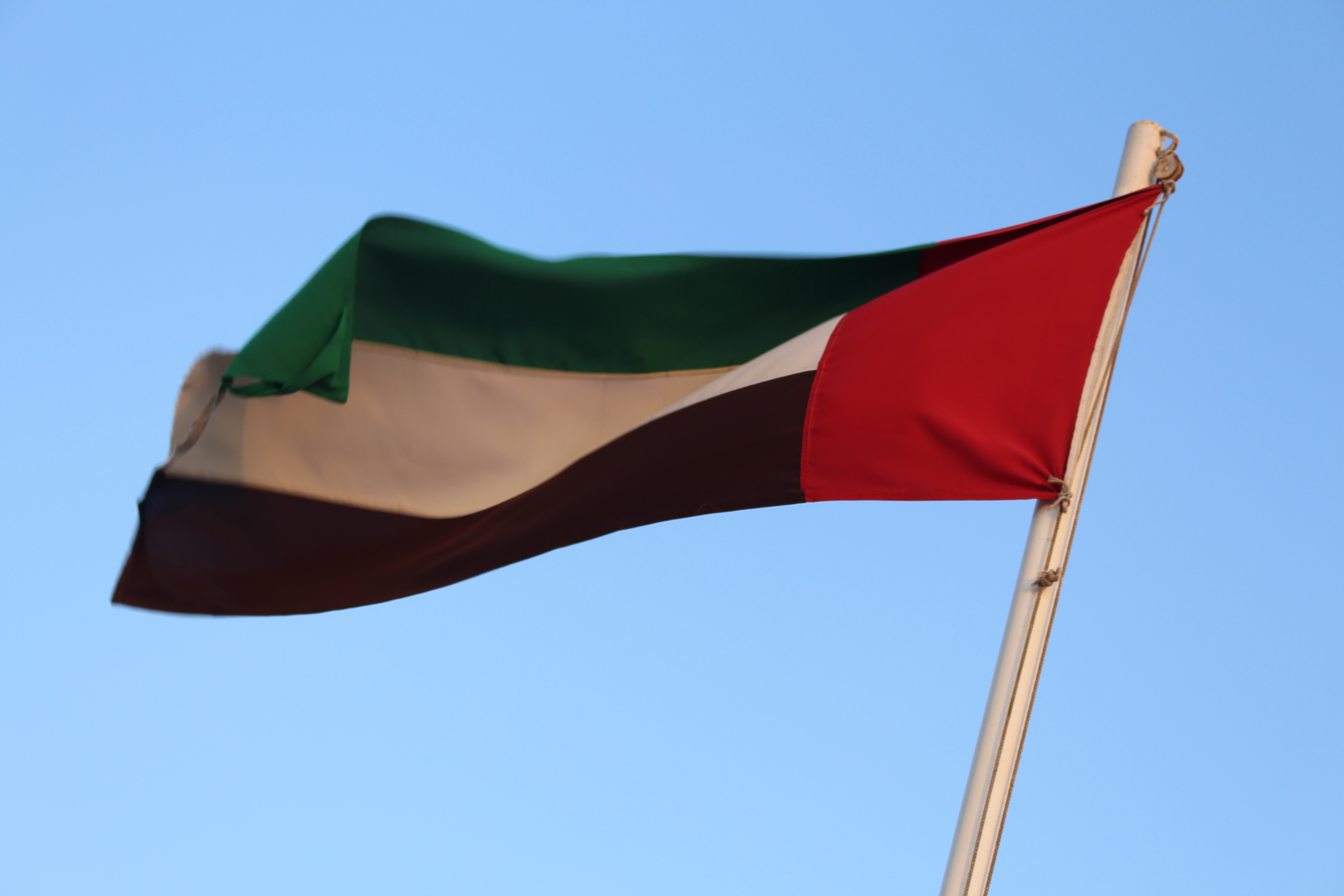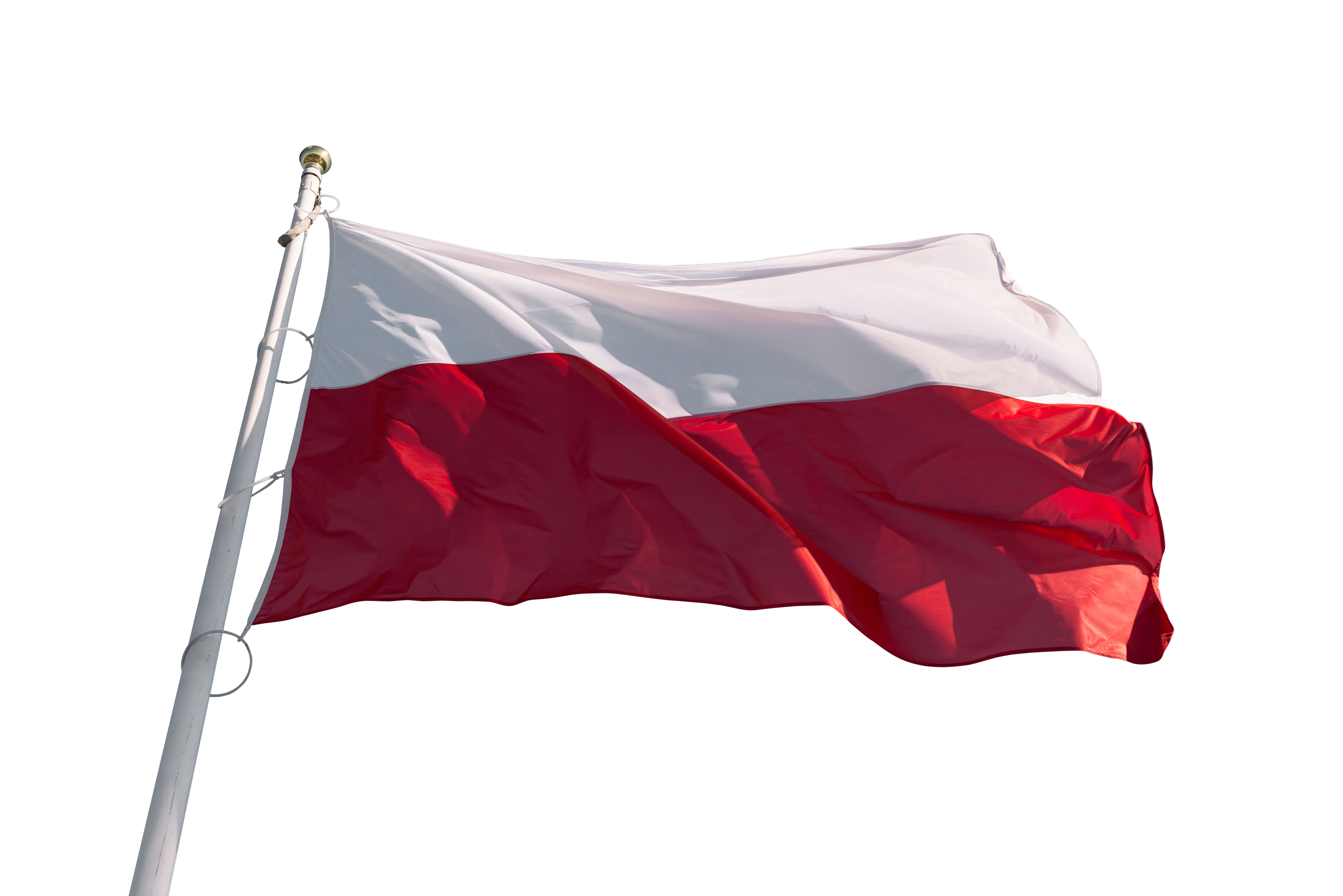8 Countries You Didn’t Know Were Racing to Space
As the final frontier continues to captivate humanity's imagination, the space race is no longer the exclusive domain of superpowers like the United States, Russia, and China. A new wave of nations is quietly making strides in space exploration, bringing fresh perspectives and innovative technologies to the cosmos. This article delves into 8 such countries that are emerging as formidable players in the space arena. From groundbreaking satellite launches to ambitious missions beyond Earth's orbit, these nations are redefining what it means to explore the unknown. Join us as we explore these unexpected contenders who are shaping the future of space exploration.
1. Luxembourg: The Asteroid Mining Pioneer

Luxembourg might be small, but its ambitions in space are anything but. This European nation has strategically positioned itself at the forefront of asteroid mining, a niche yet potentially lucrative segment of the space economy. In 2016, Luxembourg launched the SpaceResources.lu initiative, aiming to become a hub for companies looking to mine asteroids for precious metals and minerals. By creating a legal framework that supports private investment in space resources, Luxembourg has attracted significant international attention and investment. As the world looks to space for new resources, Luxembourg is poised to play a pivotal role in this burgeoning industry.
2. United Arab Emirates: Mars Mission Trailblazer

The United Arab Emirates (UAE) has rapidly emerged as a significant player in space exploration with its Mars mission, Hope Probe. Launched in 2020, the Hope Probe made the UAE the first Arab nation to reach Mars, marking a monumental achievement in the country’s space ambitions. The mission aims to study the Martian atmosphere and climate, providing valuable data to the global scientific community. The UAE's success with the Hope Probe exemplifies its commitment to advancing space science and technology, inspiring a new generation of scientists and engineers in the region to look towards the stars.
3. India: The Cost-Effective Innovator

India has become renowned for its cost-effective and efficient approach to space exploration. The Indian Space Research Organisation (ISRO) made headlines worldwide with its Mars Orbiter Mission (Mangalyaan) in 2014, which was completed on a shoestring budget compared to similar missions by other countries. This success demonstrated India's ability to achieve complex space missions with limited resources, emphasizing innovation and frugality. India's ongoing efforts, including its lunar missions and plans for a human spaceflight program, highlight its growing influence and capability in the global space community, offering lessons in resource management and technological ingenuity.
4. Israel: The Lunar Dreamer

Israel’s space ambitions have been steadily growing, marked by its attempt to land on the Moon with the Beresheet mission in 2019. Although the mission did not achieve a soft landing, it was a significant milestone for the country, showcasing Israel's ability to develop and launch lunar missions. The Beresheet project was primarily funded by private investors, reflecting a unique model of public-private partnership in space exploration. Israel's continued efforts to reach the Moon underscore its determination to contribute to global space exploration efforts, with plans for future missions already in the works.
5. Nigeria: Africa's Rising Space Power

Nigeria is leading the charge in Africa's burgeoning space industry, with a focus on leveraging space technology for socio-economic development. The Nigerian Space Research and Development Agency (NASRDA) has launched several satellites into orbit, aimed at improving telecommunications, disaster management, and agriculture. Nigeria's commitment to space exploration is part of a broader strategy to enhance its technological capabilities and address pressing national challenges. By investing in space technology, Nigeria is not only advancing its scientific and technical expertise but also positioning itself as a key player in the African space landscape.
6. South Korea: The Satellite Specialist

South Korea has been steadily building its reputation as a satellite specialist, with a focus on developing advanced satellite technologies for both civilian and military applications. The Korea Aerospace Research Institute (KARI) has successfully launched a series of satellites, including the KOMPSAT series, which are used for earth observation and scientific research. South Korea's investment in satellite technology is driven by its desire to enhance national security, environmental monitoring, and disaster response capabilities. As South Korea continues to advance its satellite programs, it is solidifying its position as a prominent player in the global space industry.
7. Brazil: The Launch Pad Innovator

Brazil is making significant strides in the space sector with its Alcântara Launch Center, one of the most strategically located launch sites in the world. Situated near the equator, Alcântara offers cost-effective and fuel-efficient launch opportunities. Brazil has been working to expand its launch capabilities and attract international partnerships, aiming to become a hub for satellite launches in the Southern Hemisphere. By leveraging its geographic advantage and investing in infrastructure, Brazil is poised to become a key player in the global launch industry, offering competitive solutions for countries and companies looking to access space.
8. Poland: The Collaborative Engineer

Poland has emerged as a collaborative force in the European space sector, contributing engineering expertise and innovative solutions to various international space missions. As a member of the European Space Agency (ESA), Poland has been involved in numerous projects, including the development of components for satellites and space probes. The country's growing space industry is supported by a strong educational foundation, with universities and research institutions actively participating in space research and development. Poland's emphasis on collaboration and engineering excellence is positioning it as a valuable partner in the global space community.
A Global Space Renaissance

The emergence of these 8 nations in the space race signifies a global renaissance in space exploration. Each country brings unique strengths and perspectives, contributing to a more diverse and dynamic space industry. As these nations continue to push the boundaries of what is possible, they inspire others to join the quest to explore horizons unknown. The future of space exploration is no longer confined to a few superpowers; it is a collaborative endeavor that promises to unlock new opportunities and discoveries for all of humanity. As we look to the stars, the contributions of these surprising nations remind us that the spirit of exploration knows no bounds.







